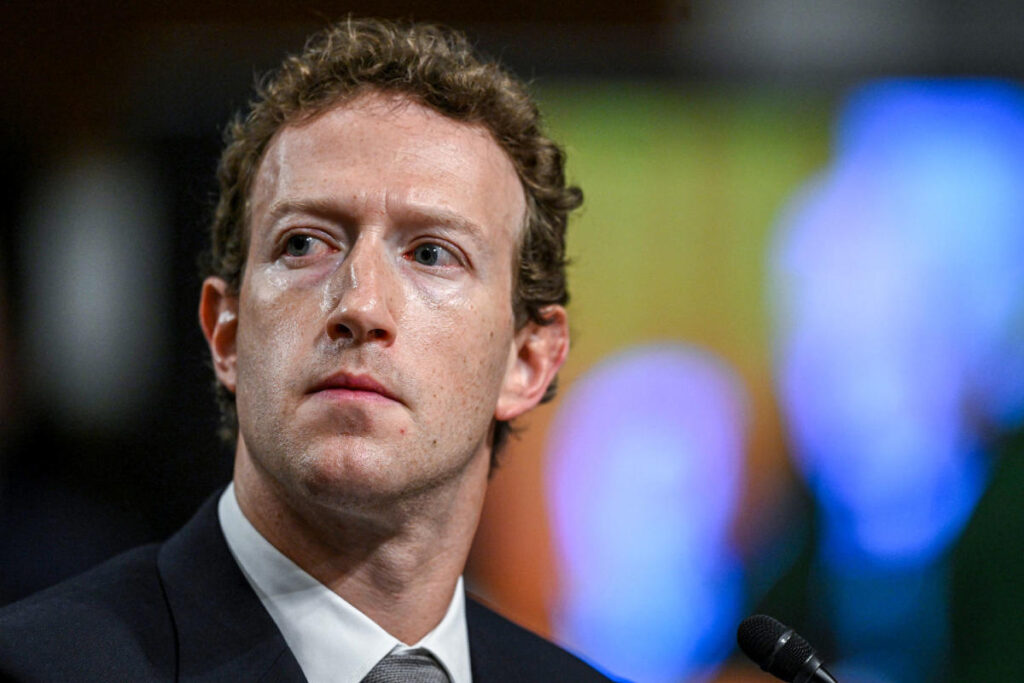Meta, the parent company of social media platforms Instagram, Facebook, and WhatsApp, recently confirmed a $1 million donation to President-elect Donald Trump’s inaugural fund. This move highlights the complex and fluctuating relationship between Trump and Meta CEO Mark Zuckerberg, which has seen both collaboration and confrontation. Despite previous tensions where Trump threatened Zuckerberg with severe consequences over perceived illegal activities during the presidential campaign, the two reportedly dined together at Mar-a-Lago just weeks prior to the donation being announced.
During the election campaign, Zuckerberg refrained from officially endorsing any candidate, including Trump or Vice President Kamala Harris. However, he did commend Trump’s reaction to a July assassination attempt, dubbing it one of the most impressive moments he had witnessed. This ambivalence marks the intricate nature of Meta’s dealings with political figures, especially given that a significant portion of the American populace accesses news through Meta’s platforms. In fact, Trump’s initial campaign in 2016 credited Facebook with significantly impacting voter outreach through digital advertising, setting a precedent for future political engagements.
The relationship between Meta and Trump took a notable turn post-January 6, 2021, when Trump was suspended from Facebook and Instagram, alongside other platforms such as Twitter, due to the violent Capitol attack. Even though Trump’s accounts have since been restored, Meta’s executives have indicated a desire to lessen the political content users encounter within their feeds, reflecting a strategic shift toward prioritizing user experience over political engagement. As a result, content moderation and the algorithms that influence news delivery have become critical areas of focus for the company.
Looking forward, Trump’s administration is poised to wield significant influence over federal policies that affect Meta and the broader technology sector. Key issues include the regulation of artificial intelligence and antitrust enforcement, both of which will shape the operational landscape for tech giants. Notably, Trump’s tenure also saw the Federal Trade Commission launch a high-profile lawsuit aimed at dismantling Meta due to alleged anti-competitive practices, a case that remains unresolved and could have lasting repercussions for the company.
Insight into this evolving dynamic is further provided by Meta board member Marc Andreessen, who has reportedly been active in assisting with the transition at Mar-a-Lago since the recent election. His involvement, alongside that of former board member Peter Thiel—who has long been an adviser to Trump—underscores the continuing influence of close ties between Meta and Trump’s inner circle. This has raised questions about the intersections of technology, politics, and personal relationships in shaping policy and company strategy.
In summary, Meta’s recent financial gesture towards Trump’s inaugural fund illustrates a continuation of their multifaceted relationship. As they navigate the complexities of political engagement amidst regulatory challenges and evolving societal expectations, Meta’s future interactions with the Trump administration will undoubtedly be pivotal in shaping both corporate policies and broader industry standards within the technology landscape.

